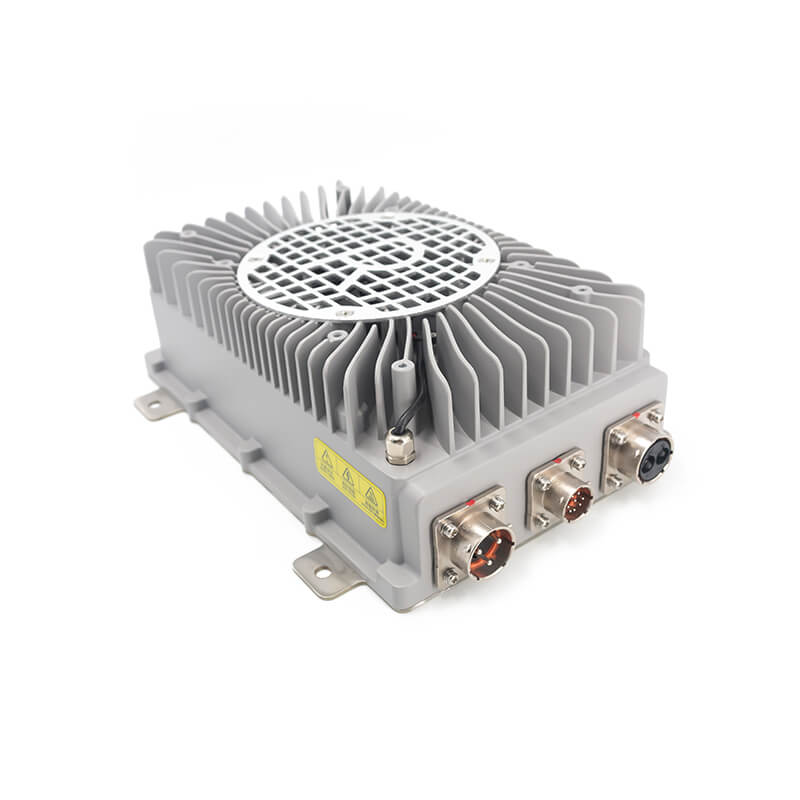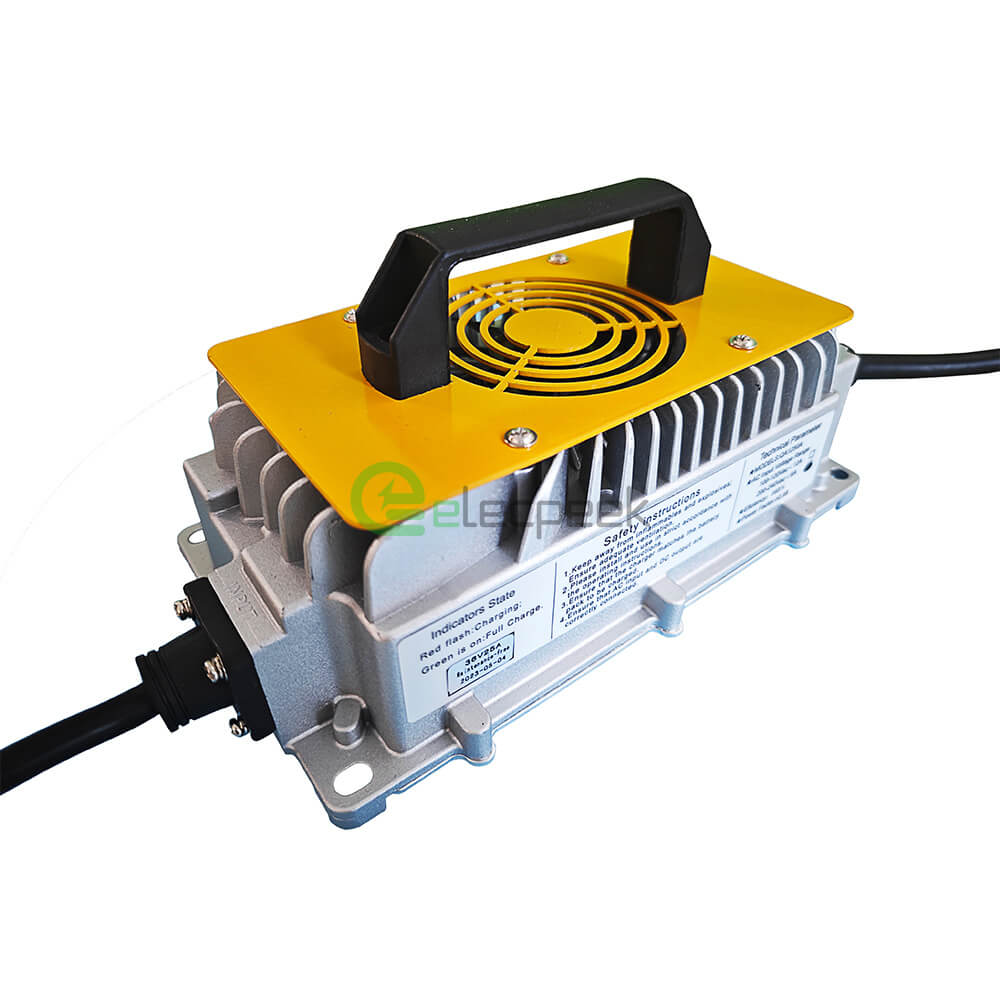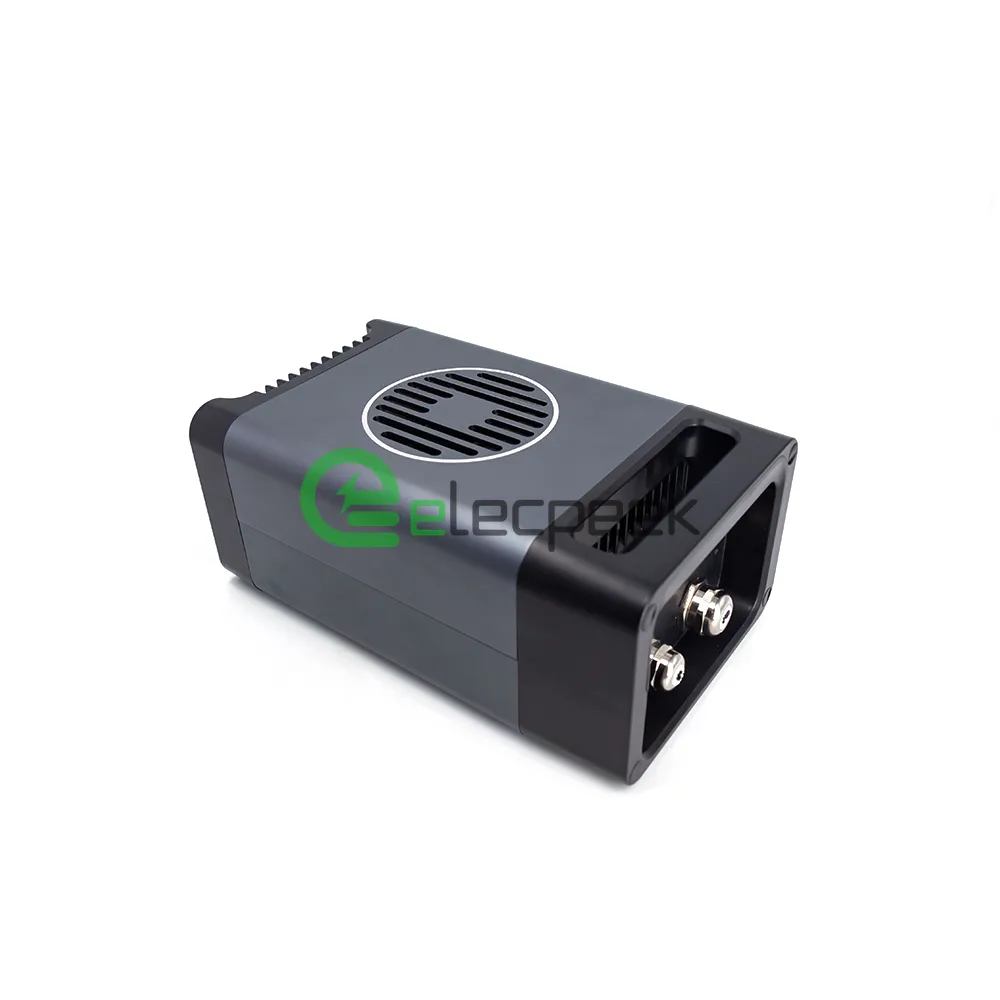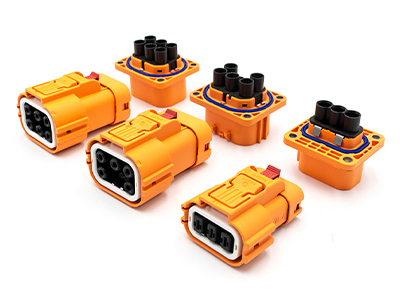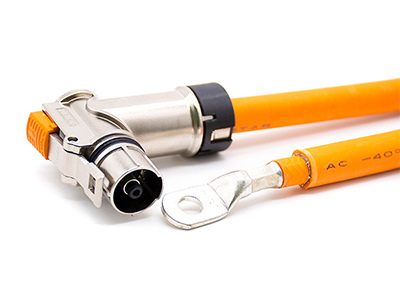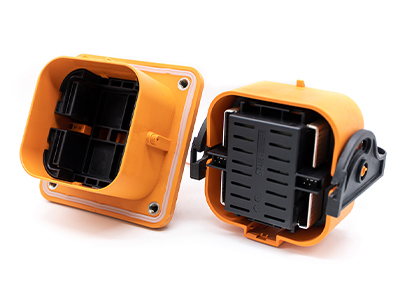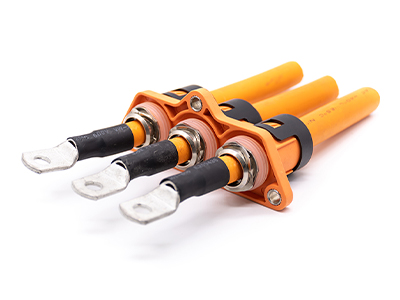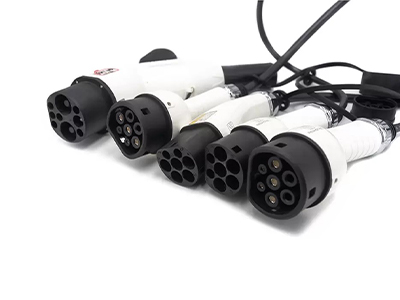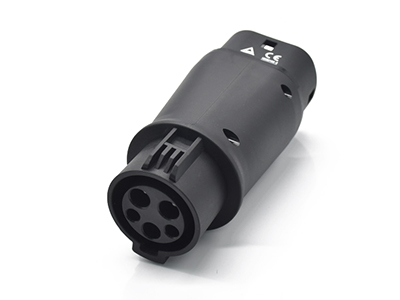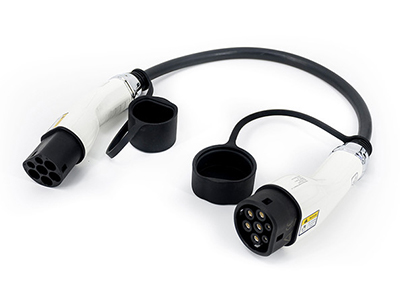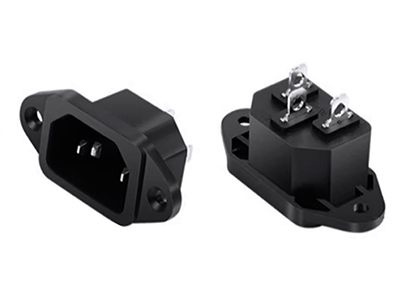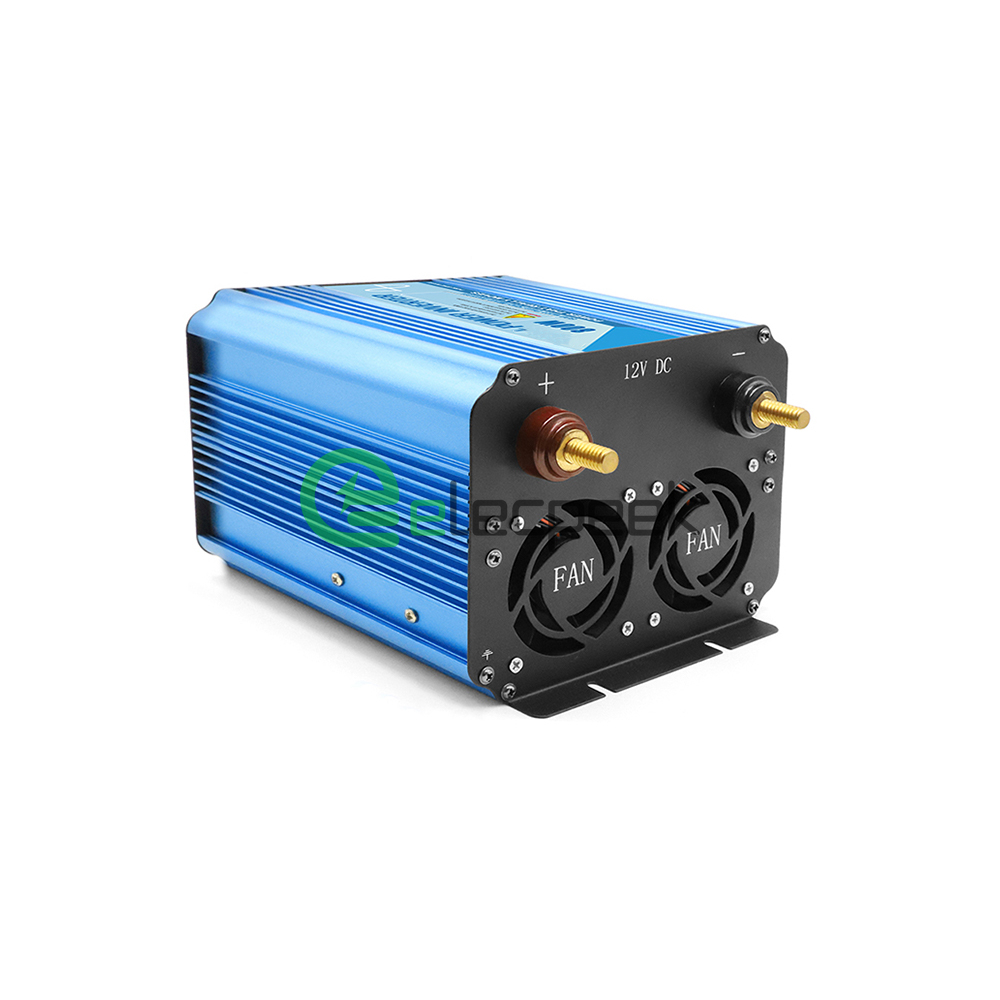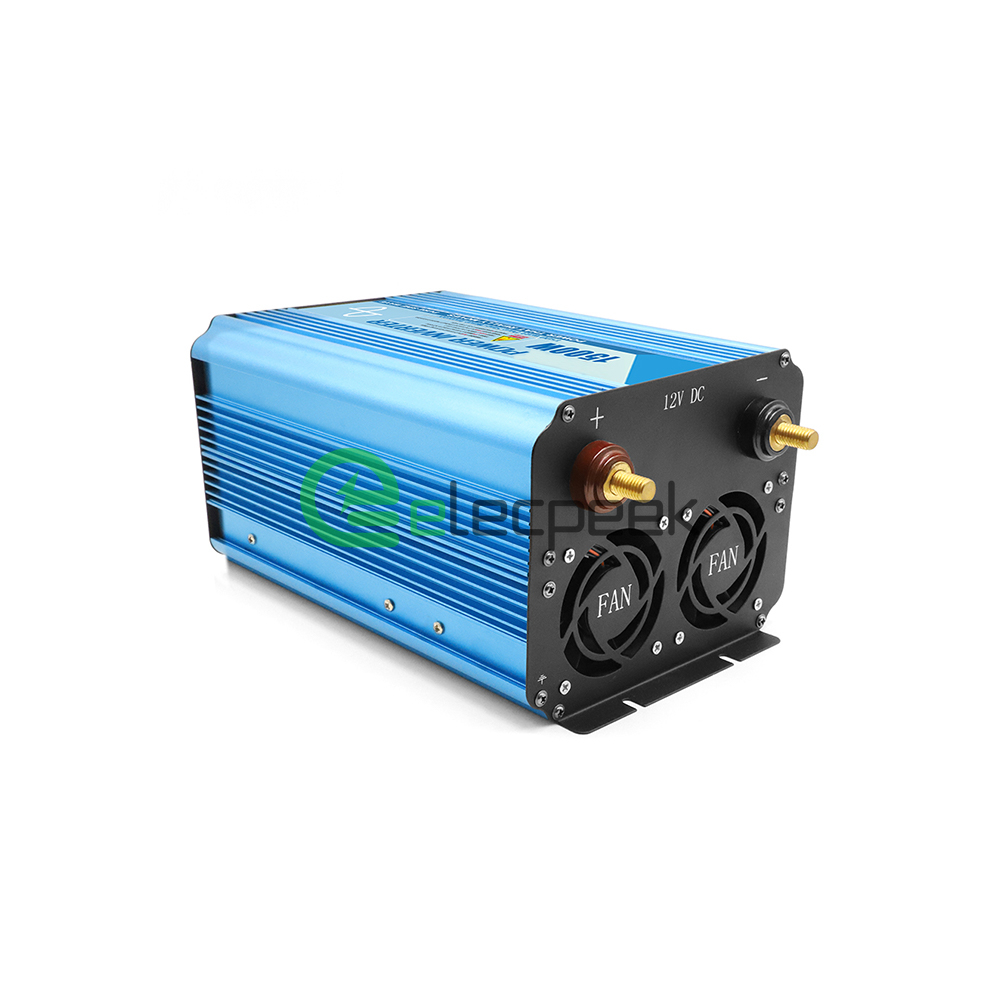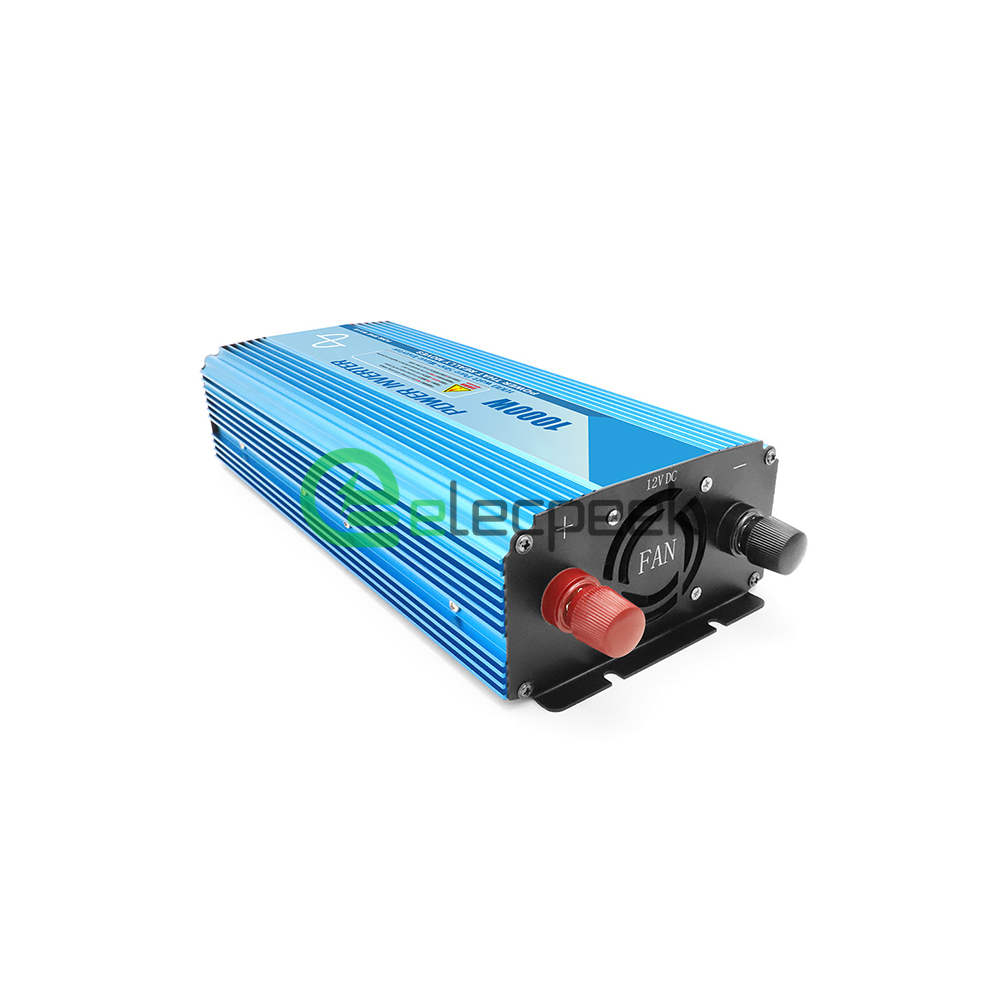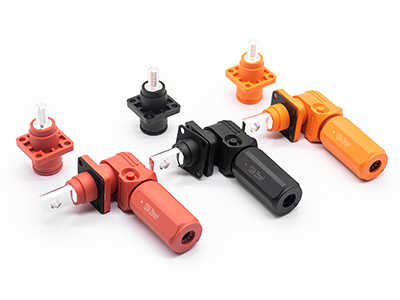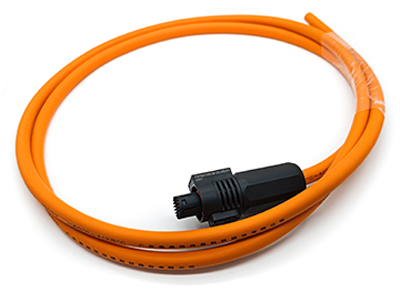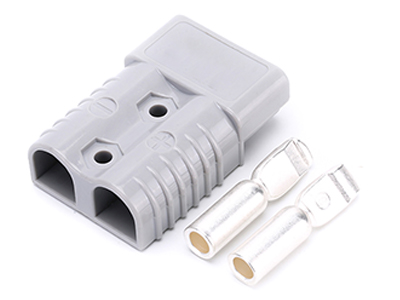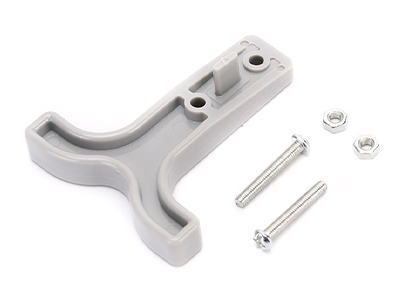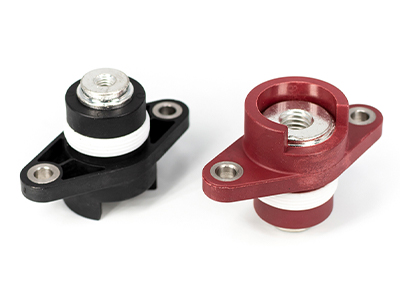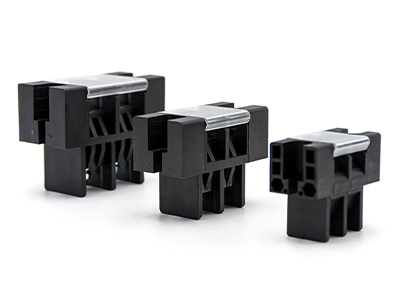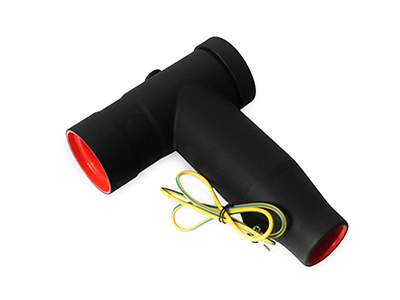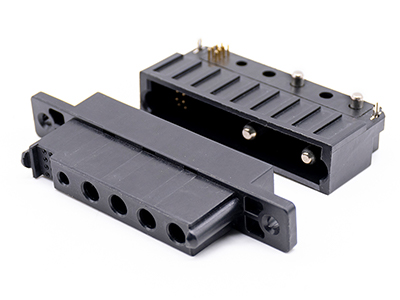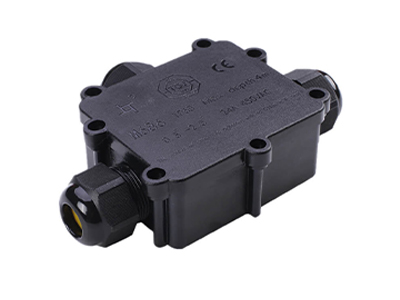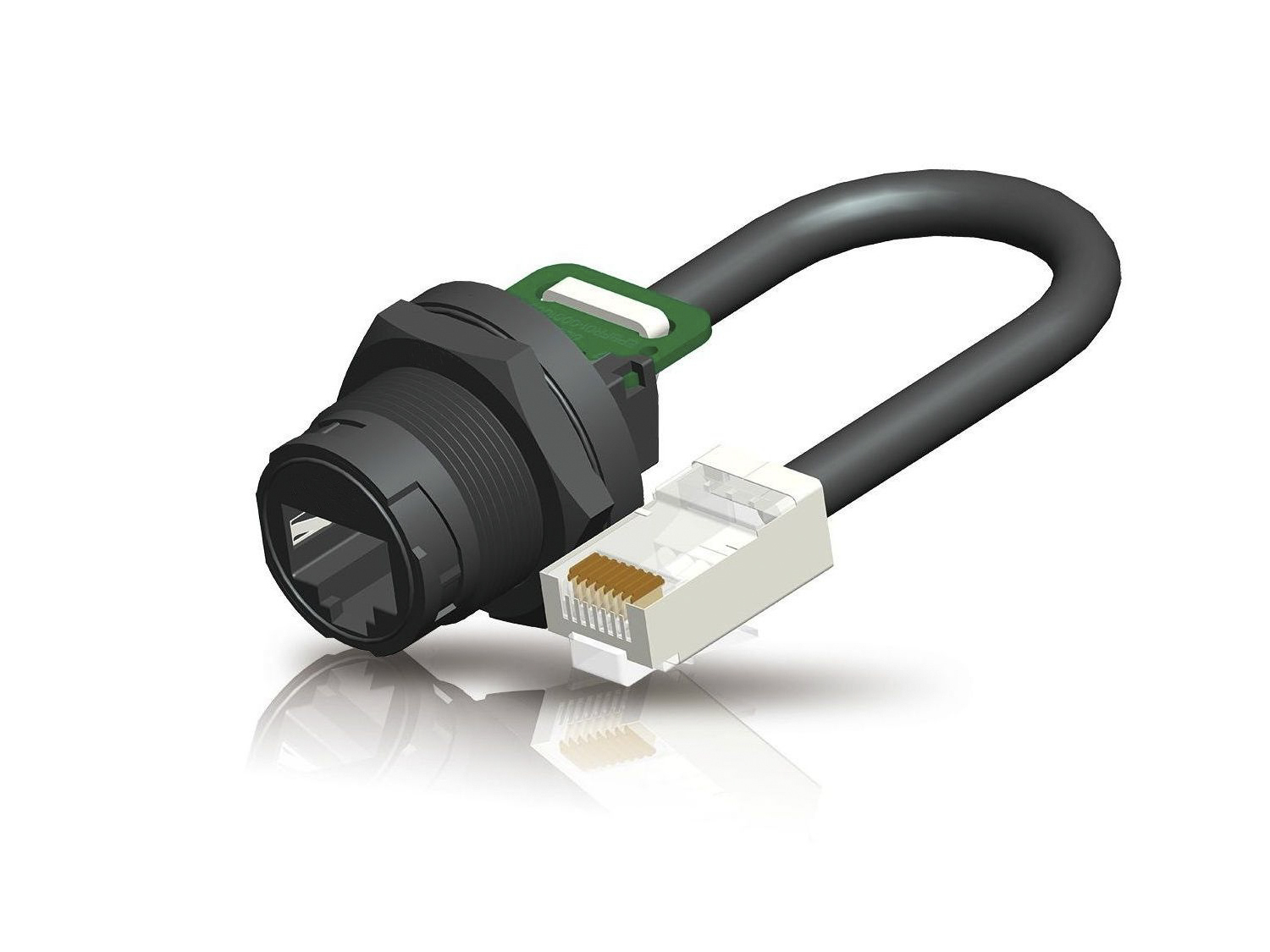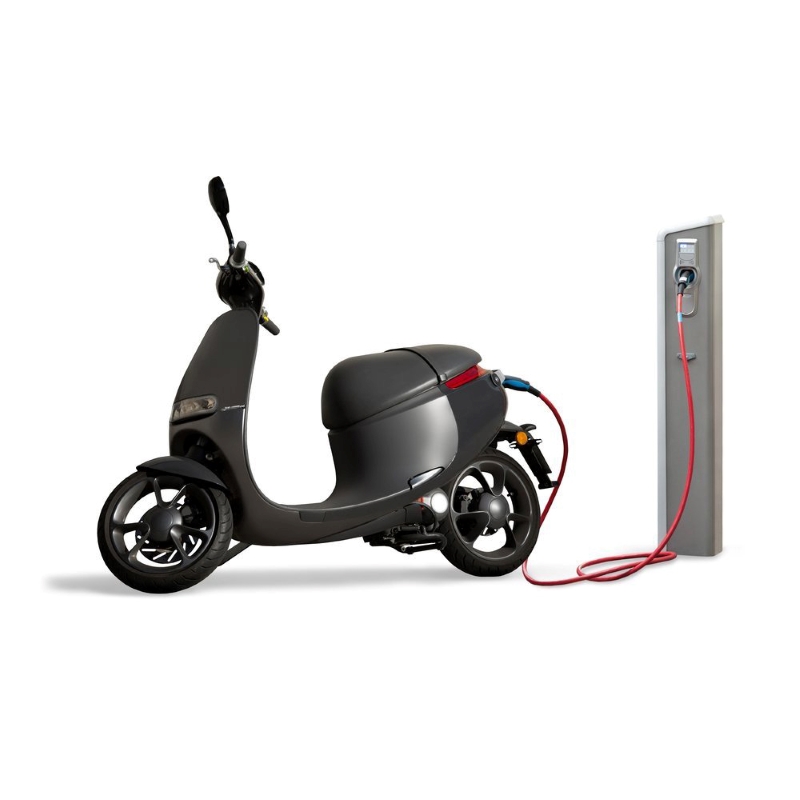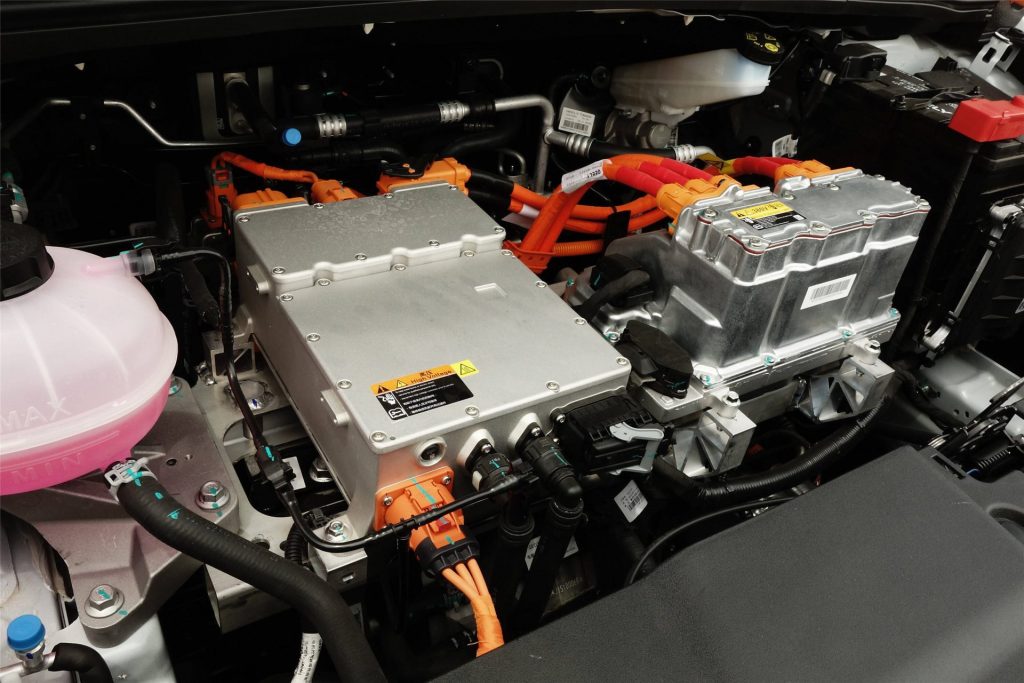On-board Charger
A Comprehensive Guide on How to Choose the Right On-board Charger
In the world of electric vehicles and other electric-powered vehicles, the on-board charger (OBC) plays a crucial role in ensuring efficient and reliable charging. Selecting the appropriate OBC for a vehicle is a decision that requires careful consideration of various factors to meet the specific needs and requirements of the application. In this article, we will delve into the key aspects to consider when choosing an on-board charger.
Understanding the Basics of On-board Chargers
Before delving into the selection process, it is essential to understand the basic functions of an on-board charger. An OBC is responsible for converting AC power from a charging station into DC power to charge the vehicle’s battery. The capacity, efficiency, and compatibility of the OBC can significantly impact the charging speed, range, and overall performance of the vehicle.
Factors to Consider When Choosing an On-board Charger
- Voltage and Current Requirements: One of the primary considerations when selecting an OBC is matching the voltage and current requirements of the vehicle’s battery system. Ensure that the OBC is compatible with the voltage and current ratings of the battery to facilitate optimal charging.
- Charging Speed: The charging speed of an OBC is determined by its power output. Consider the desired charging speed based on the vehicle’s usage patterns and requirements. A higher-power OBC will charge the vehicle faster but may come with additional cost and weight considerations.
- Size and Weight: The size and weight of the OBC can impact the overall design and performance of the vehicle. Consider the space availability and weight limitations when choosing an OBC to ensure seamless integration into the vehicle.
- Efficiency: Opt for an OBC with high efficiency to minimize energy loss during the charging process. A more efficient OBC will not only reduce charging time but also contribute to overall energy savings.
- Safety Features: Look for OBCs that come equipped with safety features such as overcurrent protection, overvoltage protection, and temperature monitoring to ensure safe and reliable charging operations.
- Compatibility: Ensure that the chosen OBC is compatible with the vehicle’s charging infrastructure, including the charging station and communication protocols, to enable seamless charging experiences.
- Cost and Warranty: Consider the cost of the OBC about its features and capabilities. Additionally, check the warranty offered by the manufacturer to safeguard against any potential defects or malfunctions.
On-board Charger
Choosing the right on-board charger is a critical decision that can impact the performance, efficiency, and reliability of electric vehicles. By considering factors such as voltage and current requirements, charging speed, size and weight, efficiency, safety features, compatibility, cost, and warranty, you can make an informed decision when selecting an OBC for your vehicle. Remember that each vehicle type may have specific requirements, so tailor your selection process accordingly. With the right OBC in place, you can ensure optimal charging performance and enhance the overall driving experience of your electric vehicle.

